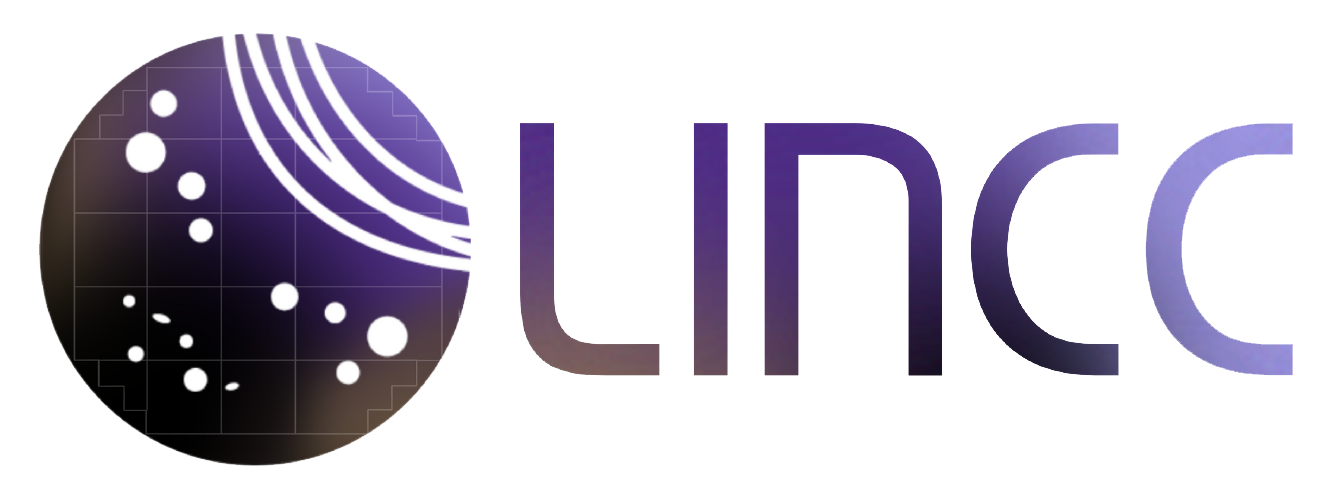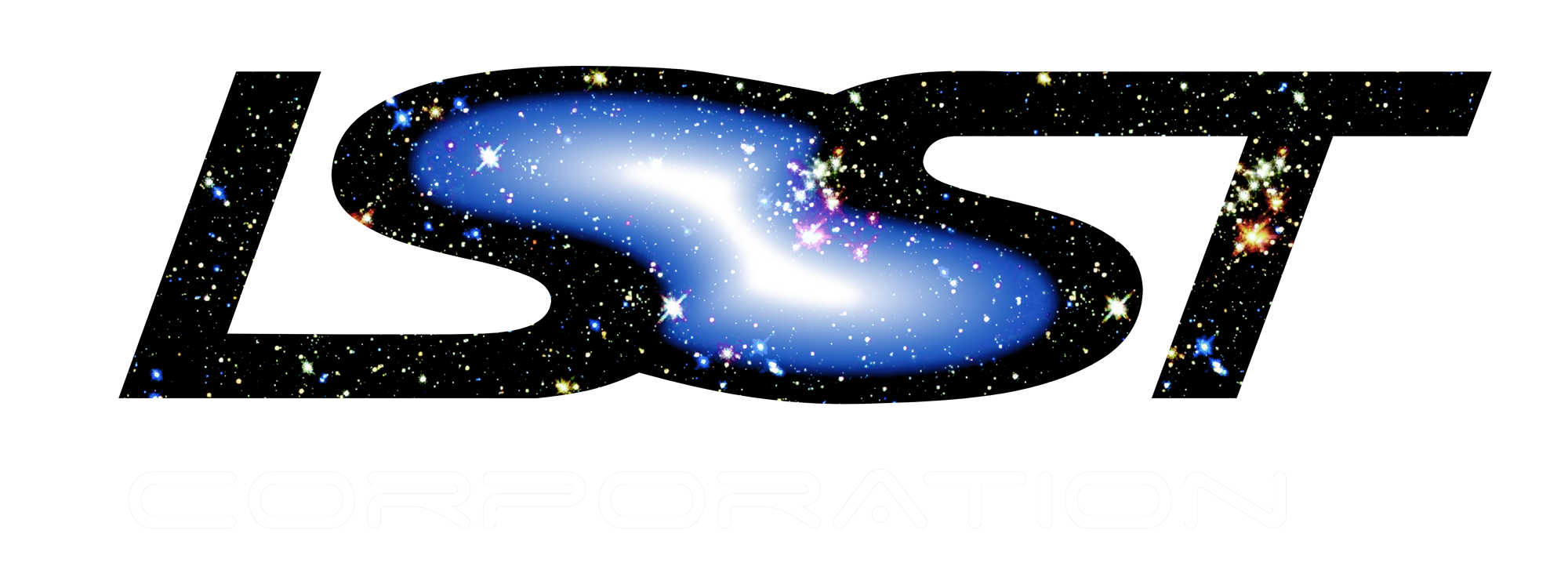R1 - Small Astro Program
Jennifer Hoffman
The University of Denver (DU) is a private institution built on exploration through research and collaboration among educators, students, and local and global communities. Recently recognized as an R1 institution, DU still takes pride in its small class sizes and emphasis on creating opportunities for students to learn by participating in research, scholarship, performance, and engagement.
DU's Department of Physics and Astronomy has a diverse and dynamic faculty of 12 that includes three women and represents seven different countries. We provide an attentive, hands-on research and learning community for undergraduate and graduate students up through the PhD level. Our program is recognized by the APS among US PhD-granting departments for its high percentage of female graduates, placing second nationally at the undergraduate level and third at the graduate level (APS data for the period 2011-2013). Our graduate and undergraduate students collaborate closely with faculty and postdocs on cutting-edge research in astrophysics, biophysics, and condensed matter/quantum information science.
The astronomy program at DU is small but has a long history spanning 125+ years. Our strongly collaborative research environment offers a supportive community to graduate students from underrepresented and non-traditional backgrounds. Our research focuses on evolved stars and their interactions with their circumstellar environments, including many types of variables and explosive transients and incorporating both observational and computational approaches. Prof. Jennifer L. Hoffman studies massive binary stars and their supernova descendants; Prof. Toshiya Ueta explores mass loss and dust properties of AGB stars and planetary nebulae. We also offer an undergraduate astrophysics minor and informal science education via the historic Chamberlin Observatory and our DU SciTech and Project SPACE initiatives, which provide hands-on STEM opportunities to K-12 students of color in Denver. An LSST Catalyst Fellow in our department will have many opportunities to pursue educational, mentoring, and outreach projects in addition to astrophysics research.
Find more about us at www.physics.du.edu.



